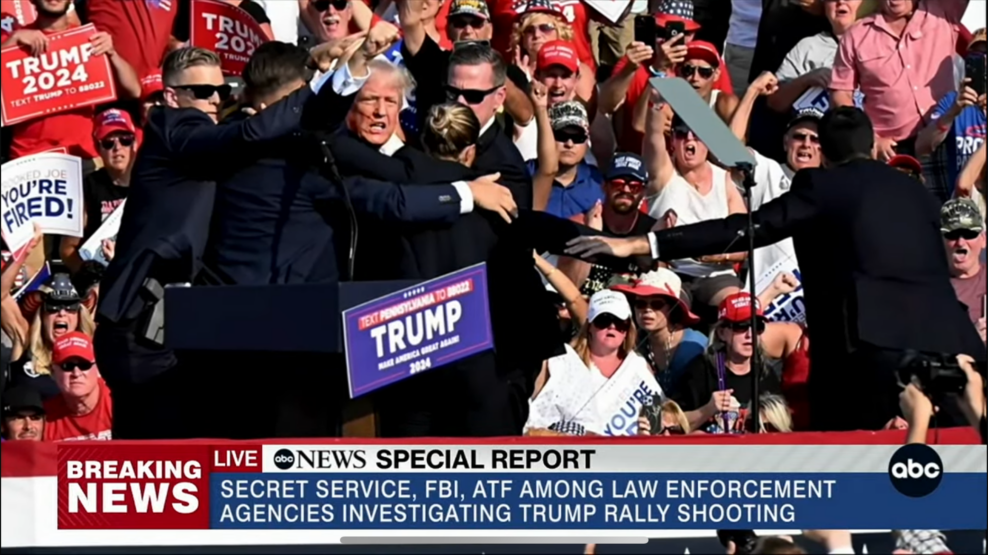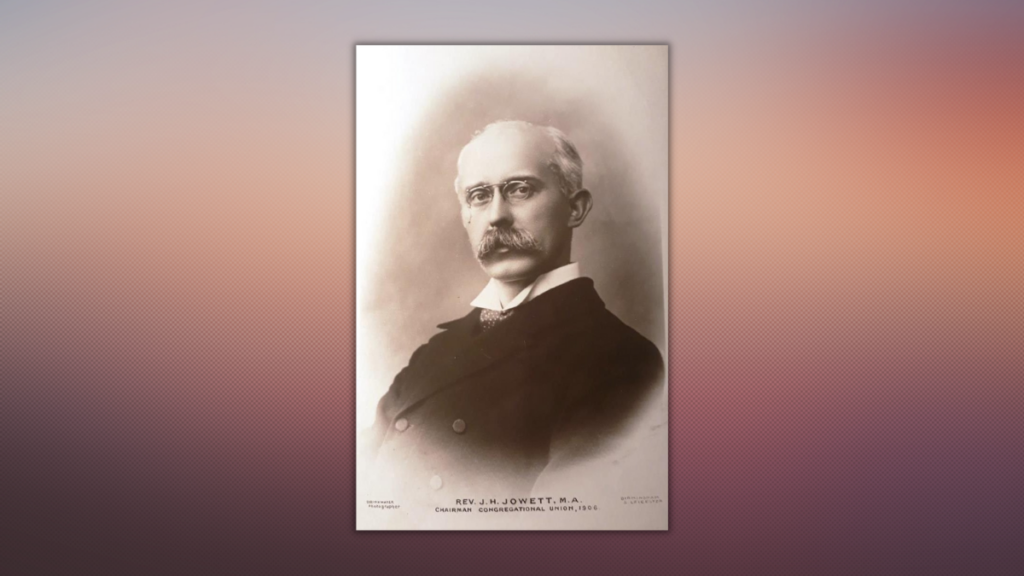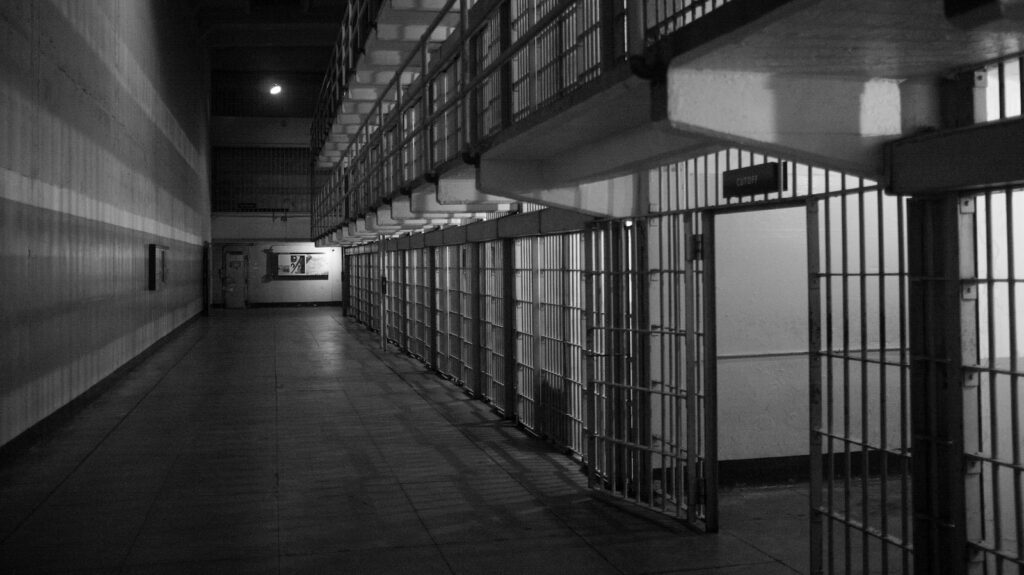Baptist leaders across the nation responded quickly following the July 13 assassination attempt on former President Donald J. Trump at a campaign rally in Butler, Pennsylvania.
Across the board, leaders requested prayer for the nation as well as all involved and highlighted the urgency to unite around the agreement that violence and hatred is not the preferred path.
‘Remember who we are’
Rick Lance, executive director of the Alabama Baptist State Board of Missions, wrote in a Facebook post that this “is a time for all of us to reconsider our political discourse and remember who we are as Americans.”
“Christians need to fervently pray for our country and its leaders,” he wrote. “We need to turn to the Lord like never before in our history.”

Brent Leatherwood, president of the Ethics & Religious Liberty Commission of the Southern Baptist Convention, called this incident a “horrific moment” in a statement released by the ERLC.
“The reality that this has taken place tonight should bring us to our knees,” he said, calling for prayer for Trump and others impacted by the shooting that left at least two people injured and two others, which included the gunman, dead.
“In a democracy like ours, we voice our opinions, we passionately press our case, we bravely dissent and we loudly campaign for our cause. But we must never cross the line to harm those we disagree with,” Leatherwood said.
“Political violence has hurt too many individuals and taken too many lives in our history. Now is the moment for all of us to unite and bring a swift and universal condemnation to this vile act that has no place whatsoever in America.”
He urged Americans to “pause, lament this violence and realize how far we have strayed from our nation’s ideals.”
Seeking the peacemakers
“Let’s commit to praying for our leaders, those who are willing to serve in public office and appeal to our Lord that His reconciling work would be poured out on this nation to overcome the hatred that is so prevalent in our culture,” Leatherwood said.
Baptist General Convention of Texas Executive Director Julio Guarneri tweeted a prayer on X, the platform formerly known as Twitter, the morning after the shooting: “As we prepare to gather in our houses of worship, we grieve. Our country, and the world, has been shaken by the tragedy that occurred yesterday.
“The violent attack on former President Trump and the senseless loss of lives reminds us of our divisions and our brokenness. Regardless of political persuasion, Your people hold human life sacred because You do. Any attack on those made in Your image is a transgression against You.
“Today may Your gathered people pray in humility. May we grieve before You for the state of our world. May we repent of bitterness, hatred, malicious talk and pettiness. May we seek Your forgiveness, experience Your grace, and desire to be like You.”
Guarneri continued: “May we learn to pray for and talk to those who disagree with us. May Your people be peacemakers so we can truly be called the children of God.”
Bart Barber, immediate past president of the Southern Baptist Convention, posted a message on his blog for members of his congregation, FBC Farmersville, asking them to “pray for our nation.”
“Let us make it clear that this kind of behavior is unacceptable. Unlike people in many other places around the world, we get to speak by way of our votes,” Barber wrote.
“We live in a nation where our votes are not coerced, we are not threatened or intimidated in our voting, our votes are fairly counted every time and our country transfers power every time in accord with the expressed wishes of the people.”
He urged prayer for Trump “no matter how you plan to vote in November.”
“Let us all speak with one voice saying that this kind of behavior is WRONG. Let us not contribute to making things worse, but let us be the ones summoning what Lincoln called ‘the better angels of our nature’ in all of those around us,” Barber wrote. “Let us do all of those things around our family tables, in our Sunday School classrooms and in our presence online.” (Compiled from news reports)
Why aren’t Americans influenced by Christians?
Some say Christians have lost their influence because “fewer Americans believe that faith in God is relevant” and “Christians don’t act any different than those who aren’t.”
How do we change these perceptions, whether they are real or imagined?
It all goes back to 2 Chronicles 7:14. Until God’s people “humble themselves and pray and seek His face,” nothing will change. It will only get worse.
Most Americans who reject God will not be persuaded to “change their wicked ways” because they see no need to read the Bible.
What they need is to see Christ at work among His followers. We are the only “Jesus” some people will ever see. If all they ever see is Christians arguing and bickering with each over, then it is no wonder they believe that we don’t act any different than non-Christians.
We need to be intentional in allowing people to see Jesus in and through us. Then, and only then, will people begin to repent so God can truly “heal our land.”
Lonnie Wilkey
Tennessee’s Baptist & Reflector
Current challenges stem from lack of compassion; people of faith have answer to heal polarized nation
It’s commonplace today to say we are living in an era plagued by political, religious and social unrest. The barrage of headlines continually erodes our confidence in our national leadership and unravels the ties that bind our local communities together.
Despite the tools we have to increase mutual engagement, our society is profoundly disconnected, and instead of promoting understanding, the isolation and competition these technologies seem to promote have affected our mental health.
We recognize all this, but we too rarely ask why this has come to pass.
The challenges we face stem from a fundamental lack of compassion, empathy and genuine understanding. Social media platforms, while providing unprecedented access to information and to one another, somehow curb our ability to conduct respectful, nuanced conversations.
While they provide superficial communication in abundance, we have lost sight of the importance of deep, meaningful dialogue.
It’s up to us to invest time and energy into building relationships with the neighbors we consider adversaries and seek to understand their perspectives. When we make this shift, our perceived enemies are suddenly revealed to be friends.
‘You might be right’
Two former Tennessee governors, Democrat Phil Bredesen and Republican Bill Haslam, who led the state from 2003 to 2019, have modeled these ideals in their podcast, “You Might Be Right.” Now in its fourth season, the show reminds us of the power of dialogue and mutual respect.
Their conversations, which feature guests from opposing sides of a given issue in each episode, are a call to action on the importance of finding common ground.
The governors’ friendship offers a valuable lesson: Respect cannot be extended without humility. Arrogance or pride have no place in the equation if progress is the goal. Only through humility can we forge connections with our neighbors and tackle the complex challenges we face together.
When we stop defending our own viewpoints and earnestly seek to understand, we discover solutions that have long eluded us and grow in the process.
But we can’t depend only on our political leaders to adopt the values needed to find the path out of brokenness and division. We need to turn to our faith communities.
Communities of faith are distinctively (perhaps even divinely) positioned to demonstrate how to build solidarity with one another. From the values taught in Scripture — humility, respect and love — we can create spaces in which groups of people from diverse backgrounds can come together to listen, learn and grow.
Putting others’ ideas first is ultimately in our own best interest. Engaging solely with like-minded people limits our own potential and hinders our calling to share hope with our neighbors. As we build bridges, we invest in a healthier future for others and ourselves, mending past wounds and creating a ripple effect of positive change.
Jon Roebuck, executive director for the Rev. Charlie Curb Center for Faith Leadership at Belmont University, the Christ-centered school I lead, has cultivated strong ties with Nashville’s Jewish community, allowing us to expand our knowledge, challenge our assumptions and develop a more well-rounded perspective.
To that end, in February, Rabbi Mark Schiftan was appointed Belmont’s first Jewish faith student adviser, a position created from the groundwork laid by Roebuck and Schiftan’s friendship. Their work has been a catalyzing force for various interfaith initiatives, playing a pivotal role in fostering mutual understanding between Jewish and Christian communities on campus and throughout the city.
This process, while sometimes difficult, is essential for fostering genuine connection in our community, and it leads to a greater capacity to love.
The Gospels’ tenets of loving one’s enemy and neighbor are central to the Christian faith. Our commitment to these principles will enable us to open our doors wider to help our neighbors, bridge divides and mend ruptures in our social fabric.
Bridge-building projects
There are many concrete actions faith leaders and members of faith communities can take to facilitate their own bridge-building.
Interfaith events and dialogues that bring together members of different faith traditions in a safe and respectful environment allow for open and honest sharing. As a first step, congregations might develop resources to help their own members develop the skills needed for effective interfaith dialogue.
Faith communities can collaborate on local service projects that address shared values and concerns, such as caring for the poor or promoting social justice. This allows members to work together toward common goals and build relationships and trust.
Fostering community
Having established their own ties, different faith communities can organize or support initiatives in their areas meant to heal and transform the broader community. By doing this, faith communities can create a culture of compassion and understanding that extends beyond their own walls.
While we seek to build bridges and cultivate understanding, let us remember the Apostle Paul’s First Letter to the Corinthians, which reminds us that our view of the world is like a dim reflection in a mirror.
May we approach one another with compassion, grace and a willingness to listen as we pursue our convictions to bring about a better world, share hope with our neighbors and create a society where all people can thrive.
EDITOR’S NOTE — This opinion piece by L. Gregory Jones was first published by Religion News Service on July 9 and is reprinted with permission. Jones is the president of Belmont University in Nashville, Tennessee. Prior to his appointment at Belmont, he served as the longtime dean of Duke Divinity School.






Share with others: